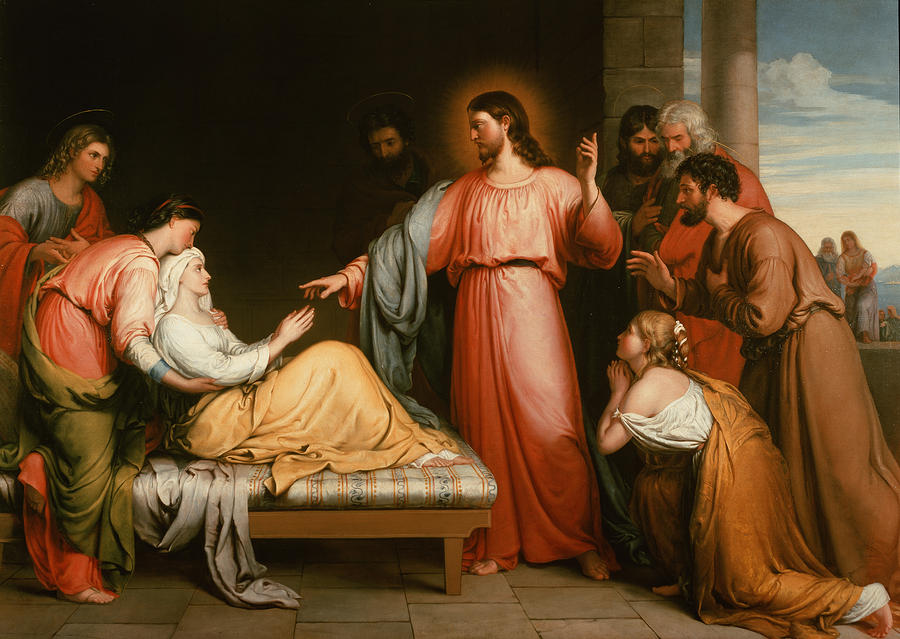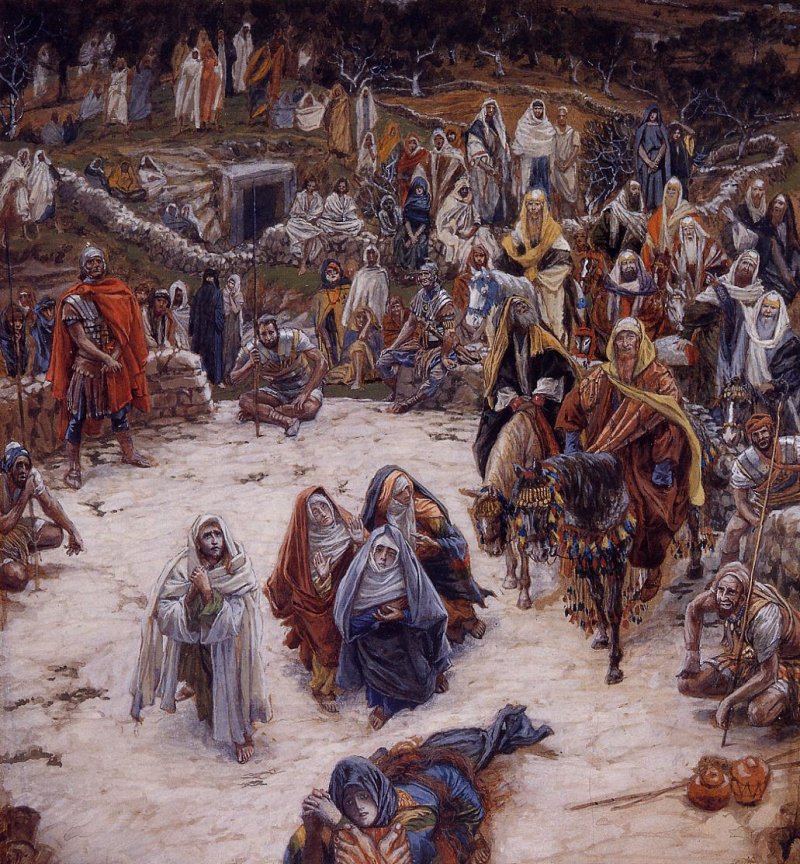WHO IS OUR NEIGHBOR?
Frequently we see the word neighbor in Scripture. Just as frequently it seems there is some confusion as to exactly who this word refers to when it appears. Some teach that neighbor is narrowly defined as another believer. Others teach that it is broadened to include all of humanity that are in close proximity to believers. The issue can be clarified with an examination of the various contexts that the word appears as well as the different forms.
In the Old Testament the word appears in four different Hebrew forms. They are Strong’s #’s 5997; 7138; 7934; 7453; 7468. In the New Testament there is only one form in the Greek. It is Strong’s # 4139. Generally, the various Hebrew forms refer to someone that is extremely close to you. The Jewish usage of the term neighbor always means any member of the Hebrew nation and commonwealth. That is, another Israelite. It can refer to a brother, lover, companion, friend, or husband. Some forms include a general member of the human family, a person that lives in close proximity or even an enemy. The Greek usage is similar but with only one word it does not have the subtle individual usages found in the Old Testament Hebrew.
Perhaps the verses which exemplifies its usage the most is Jesus' words recorded in Matthew. In this section of Scripture the Lord is responding to a challenging question from one of the lawyers trying to trap Him in a theological issue related to the Law.
Matthew 23:38-39
"Teacher, which is the greatest commandment in the Law?" Jesus replied: " 'Love the Lord your God with all your heart and with all your soul and with all your mind. ‘This is the first and greatest commandment. And the second is like it: 'Love your neighbor as yourself. 'All the Law and the Prophets hang on these two commandments” (KJV).
Christ in His teaching here is referring them back to the Mosaic Law in Leviticus 19:18 where the neighbor is narrowly defined as another Jew.
Leviticus 19:18
" 'Do not seek revenge or bear a grudge against one of your people, but love your neighbor as yourself. I am the LORD (KJV).
The New Testament was written by and first given to the Jews. In fact Christ made the declaration early in His ministry that He had come only for the lost sheep of the house of Israel (Matt 10:6; 15:24). Paul tells us that the Gospel is to go to the Jew first and then to the Gentile (Romans 1:16). It is important to consider the Jewish roots of Christianity in order to properly understand the Biblical text. Stephen in his dissertation to the High Priest in Acts presents the term neighbor as a fellow Hebrew.
Acts 7:24-25 And seeing one [of them] suffer wrong, he defended [him], and avenged him that was oppressed, and smote the Egyptian: For he supposed his brethren would have understood how that God by his hand would deliver them: but they understood not (KJV).
Here Stephen speaking of Moses’ issue attempting to defend another Jew against an Egyptian calls the Jew a neighbor (brethren). Fellow Christians are referred to as neighbors in the New Testament (Romans 15:2; Eph. 4:25; James 4:11-12). This is consistent with the context of which Jesus referenced Leviticus 19 talking about fellow Christians. He means other Christians are neighbors. Christ in the same passage of Matthew told the lawyers that we must love God first and then love our neighbors the same way we love ourselves. We must consider the context also of Christ’s commandment to love one another as related in John’s gospel.
John 13:34-35 A new commandment I give unto you, That ye love one another; as I have loved you, that ye also love one another. By this shall all [men] know that ye are my disciples, if ye have love one to another (KJV).
As Christians we are commanded to have a love for one another. This is consistent with Christ’s usage of loving our neighbors in Matthew 22:39. Here He narrowly defines the love we are to have for others is to be first directly to others in the Body of Christ. Others being those outside the Christian community will see our special relationship to God. The apostle John captures this subject in his first epistle. He demonstrates that a true believer loves the brethren (other believers) otherwise stated as our neighbors.
1John 3:14
We know that we have passed from death unto life, because we love the brethren. He that loveth not [his] brother abideth in death Whosoever hateth his brother is a murderer: and ye know that no murderer hath eternal life abiding in him. Hereby perceive we the love [of God], because he laid down his life for us: and we ought to lay down [our] lives for the brethren (KJV).
This follows directly from the Matthew passage in that Christ said the first commandment is to love the Lord your God with all your heart, soul, mind and strength. The second as mentioned is to love your neighbor the same way you love yourself. This is not a commandment to engage in loving oneself. He knows that with the sin nature still in us we already love ourselves. The sin nature obviates the need for this commandment.
These passages do not refer to us loving, in a humanistic sense, the whole world’s population. The love Christians have for each other is to mark us as Christ’s disciples. If the commandment to love others were to the general population then there would be nothing significant about the passage in John 13. We are commanded to love other believers. That is real believers, not pretenders or those that hate us. They that hate us are depicted as being non-believers in the 1 John passage. Notice that we are not commanded to hate back. In fact Christ tells the listeners of His sermon on the mount to love those that hate and curse you. (Matthew 5:43-44) What does that mean? It is important to realize the nature of Christ’s statement so as not to confuse it with the passages commanding us to love other believers.
The Sermon on the Mount is Christ’s interpretation of the standard of righteousness, which the Law demanded, put in contrast with the Pharisaic interpretation of the kind of righteousness, which the Law demanded. The Pharisees interpretation was treating the Levitical passage as license to hate everyone that was not a Jew and particularly not a Pharisee. The Mosaic Law never intended this commandment to be carte blanche to hate any enemy. Rather, the Mosaic Law was given in the sense that one must love God and love those whom God loves and conversely hate those who God hates. As an example God hated the Canaanites because of their extreme wickedness and He commanded the Jews to exterminate them. Therefore the O.T. commandment was never meant to hate individuals through personal animosity or enmity. The proper interpretation is to hate what God hates and love what God loves. We must first love God and hate what God hates. God hates sin and we must hate sin. As far as loving our neighbor we must first love other believers. We are not commanded to hate those that harm us or do not believe. Then we are to extend our love to the unbelieving community in that we would like to see them become children of God as we have become. In fact when we encounter (not go looking for) unbelievers that need our help we should treat them as our neighbor and help them, Jesus taught this in the parable of the good Samaritan. All people are made in the image of God and a have worth. We should treat them with respect and concern. The love Christians have for each other is unique and a special living testimony to our connection to the Lord Jesus and the salvation that He has given to us. Our first love must be for God then to other believers. Finally we should not hate the rest of the world and extend the love of God to them given the opportunity. The term neighbor is narrowly defined though as other believers.
The sequencing of our love is:
- Firstly, realizing that other Believers (Christians) are our neighbors.
- Our primary love is to be directed to God.
- Secondarily our love is directed to other believers.
- Lastly our love is directed to those outside the church that need our assistance.
- We are to love those people first that God loves.
- We are to hate sin.
- We are to offer God’s love to sinners in hope that God will choose to save them. This stage is only after we have offered love and assistance to other believers. We are not commanded to first offer God’s love to those outside the church.
FINALLY
The Greatest Love is:
John 15:13
13 Greater love hath no man than this, that a man lay down his life for his friends (KJV)
He did it for the entire world. Most of which either hate, deny or ignore Him. He did it anyway.....

